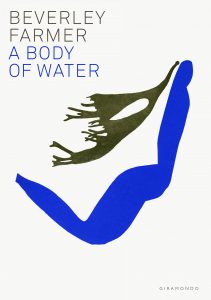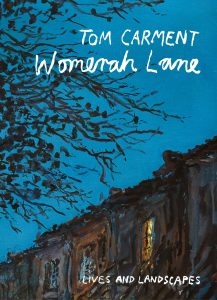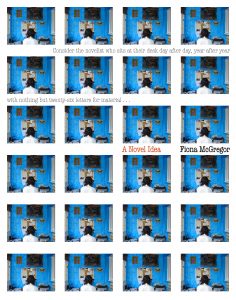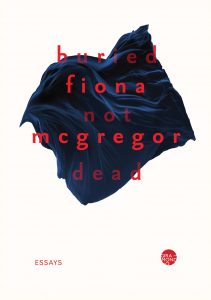Basket
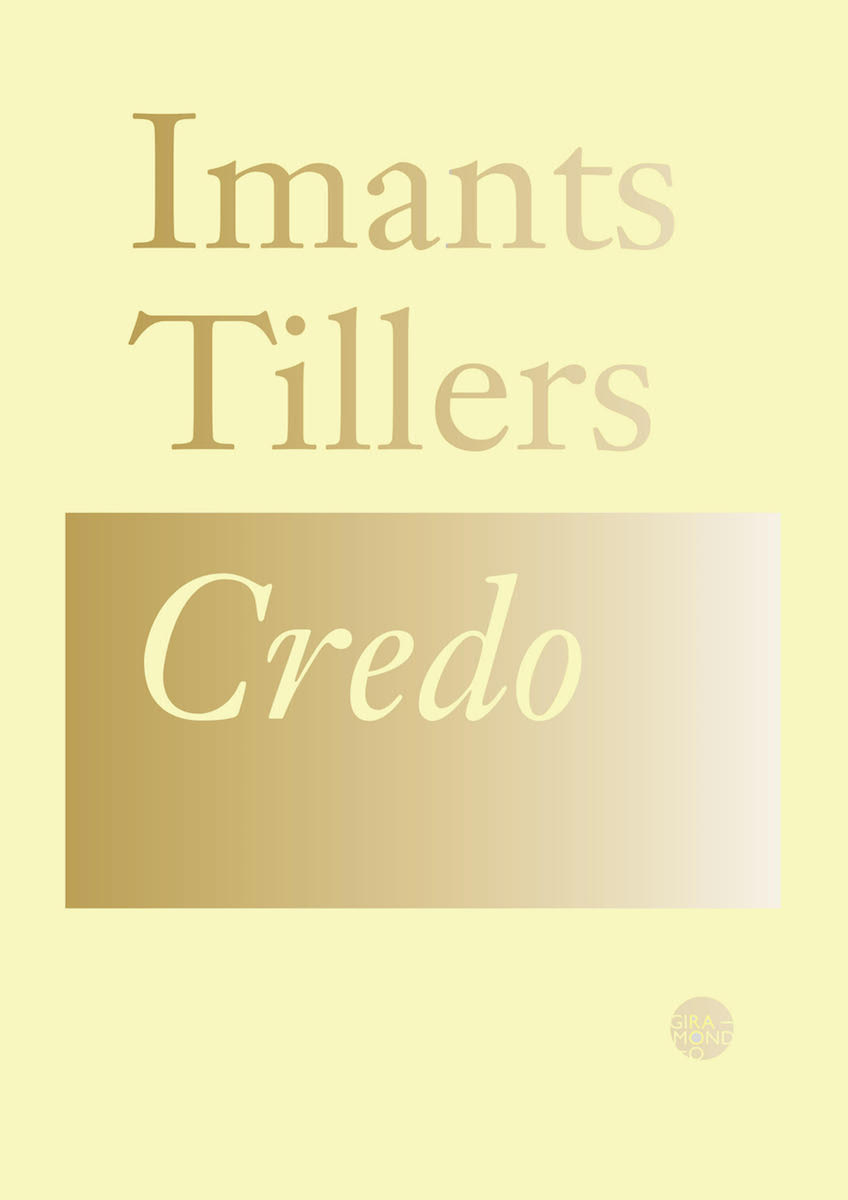
Credo
Selected EssaysReflections on art and art history by one of Australia’s most distinguished and innovative contemporary artists.
Credo brings together essays from different stages in Imants Tillers’ career, from ‘Locality Fails’ to ‘Metafisica Australe’ and ‘Journey to Nowhere’, and closes with an essay written especially for the collection, ‘The Sources’, on the artists and writers he has drawn on in his art. These essays express an aesthetic credo which has larger implications for both literature and art created out of the experience of migration. His self-coined concepts like ‘the idea of incommensurability’ and ‘reversible destiny’, his ideas about appropriation and the importance of reproduction in Australian culture, the encyclopaedic range of his work, and his orientation and re-orientation towards Aboriginal art, articulate an Australian aesthetic which constantly seeks connectedness between the local and the international, and a broader understanding of the complexities of provincialism. What he calls ‘the revolt of the margins’ is evident in the provocative nature of his writing too, in its wit and irony and intelligence.
The pre-eminent international Australian artist of his generation.
Ian McLean, Hugh Ramsey Chair of Australian Art History, University of Melbourne
The themes of exile, migration, belonging and loss…at the centre of much of his work – are part of a cultural conversation more urgent in this decade than at any time in the past forty years, as governments, communities and individuals struggle with the pressures presented by a surge in forced and opportunity-motivated mobilisation across the globe.
Mark Ledbury, Power Professor of Art History and Director of the Power Institute, USYD
What Fred Williams did for contemporary perceptions of the Australian landscape, Tillers has done for Australian culture…His art has been a model of our culture. That is, he acknowledges our history of cultural dependence, recognises that there is a history of creative imitation, and makes imitation the grand theme of his own art.
Mary Eagle, Senior Curator of Australian Art, National Gallery of Australia
While Imants Tillers’ art is renowned for its theoretical underpinnings, his book Credo is not a collection of shouting manifestos or difficult theory. Easy on the eye and light in the hand, inside Credo we discover an amiable storyteller. Even its random dips in the esoteric depths of scientific theories do not distract from this journey through the life and mind of an artist with a knack for crystalising ideas in such readable prose…Credo reveals that Tillers is an infinitely curious polymath…[and] the central place of writing in Tillers’ painting practice.
Ian McLean, Artlink
[Credo] is a useful addition to the Tillers collection of material and presents an insight into the thinking of a challenging, complex and somewhat enigmatic artist. He is one who has thought deeply over many years about what it means to be an artist growing up in Australia while still being intimately aware of the grand traditions of art that exist elsewhere around the world.
Sasha Grishin, The Canberra Times
Cerebral rather than sensuous…the tone of Tillers’ essays – sharp, dry, ‘flat’, but, okay, provocative – comes from a depth of concentrated thinking that produces a conceptual thickness in the text, which nevertheless has this sense of ‘flatness’, something held under pressure, like the numerous canvas boards that compose his paintings.
Moya Costella, Art Monthly Australasia


